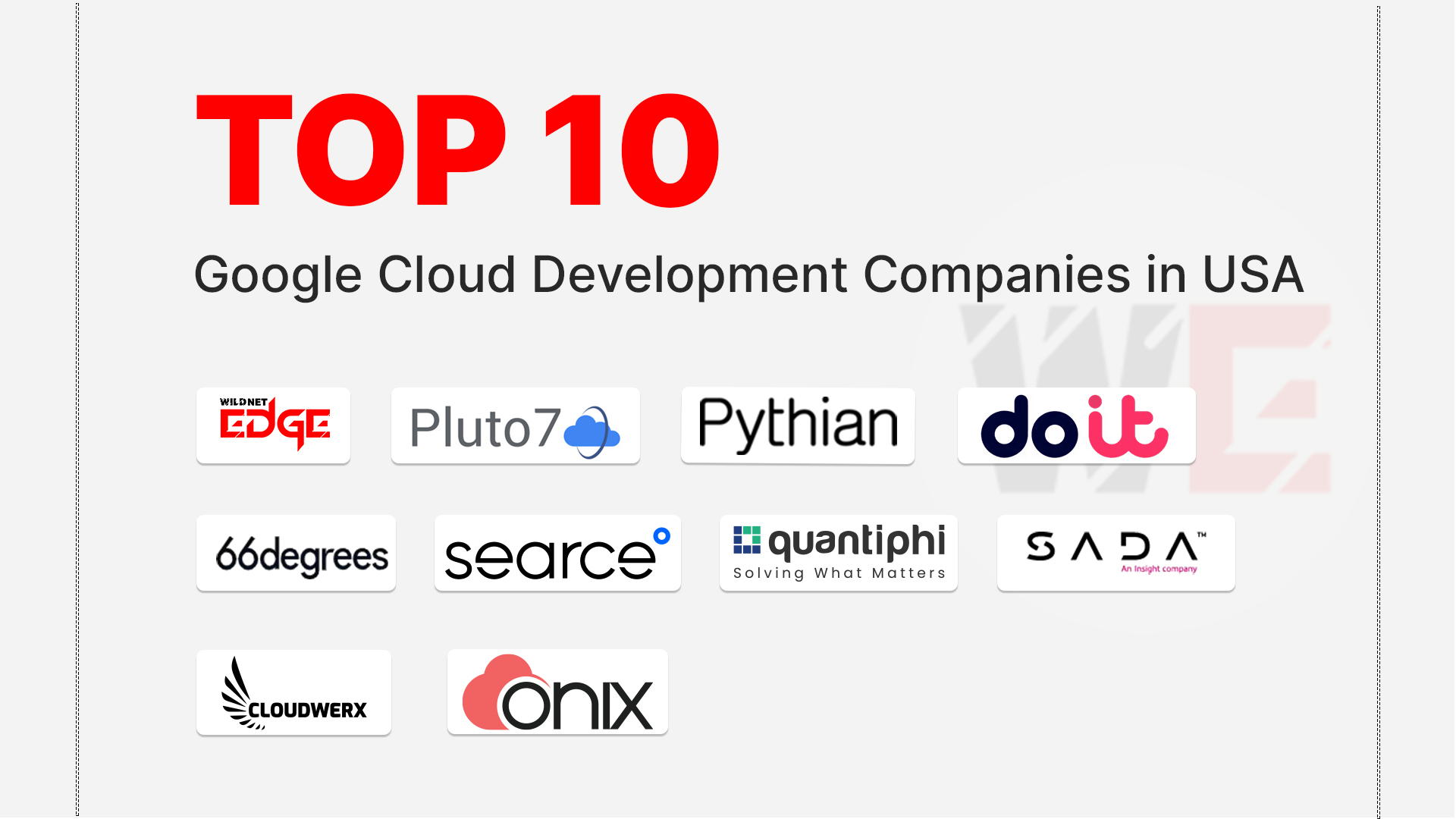Have you ever felt overwhelmed by the complexities of managing your marketing campaigns? The modern marketing landscape is crowded, and without the right tools, executing effective promotions can seem like an uphill battle. This is where Salesforce campaign management comes into play, offering a streamlined approach to executing and analyzing marketing efforts. If you’ve ever struggled with the efficiency and effectiveness of your campaigns, you’re not alone. How can organizations effectively target their audience and measure their success? By leveraging the powerful features of Salesforce, marketers can deliver smarter promotions that resonate with their audience and achieve measurable results.
Importance of Salesforce Campaign Management
Salesforce campaign management is critical in today’s fast-paced marketing environment, where the urgency to engage customers effectively is paramount. The platform does not just enable marketers to create campaigns; it also ensures that those campaigns are executed seamlessly and yield profitable results.
Streamlining Marketing Campaigns
Salesforce simplifies the campaign management process by combining various tasks into a singular, cohesive platform. With tools such as Campaigns and Leads, organizations can manage their marketing initiatives from start to finish.
- Campaign Management: Marketers can create and manage diverse campaigns, all while monitoring performance in real time. The intuitive interface allows for quick adjustments to be made based on immediate feedback.
- Integrated Communication: Salesforce connects different marketing channels — from email to social media — enabling integrated communication strategies that reduce redundancy and decrease time wasted on manually coordinating between platforms.
- Collaboration Tools: Salesforce includes collaboration features allowing teams to communicate easily, making it convenient to share insights, feedback, and data related to marketing campaigns.
By streamlining the various processes involved in executing marketing campaigns, Salesforce empowers organizations to focus on strategy and creativity rather than getting bogged down by operational complexities.
Customization for Effective Targeting
The beauty of Salesforce is its ability to customize campaigns to suit specific segments of your target audience. The platform includes robust options for audience segmentation, which is invaluable when attempting to tailor messaging for niche markets.
- Segment Definition: Teams can define segments based on demographic factors, previous purchasing behavior, or engagement levels. This granularity allows marketers to craft personalized campaigns that speak directly to individual consumer needs.
- Success Stories: For instance, a healthcare company used Salesforce to segment patients based on their medical history and tailored its marketing messages accordingly. The result? A 30% increase in appointment bookings within three months of launching the targeted campaign.
By utilizing the customization features within Salesforce campaign management, businesses can craft highly effective marketing campaigns that resonate with the intended audience, leading to higher engagement and conversion rates.
Key Features of Salesforce Campaign Management
To harness the full potential of Salesforce for campaign management, marketers must understand and utilize its key features designed to improve effectiveness and gain actionable insights into campaign performance.
Automation Capabilities
Automation within Salesforce can significantly simplify the operational side of marketing campaigns. Through automated workflows, marketers can set processes that save time and reduce human error.
- Lead Management: Automated lead assignment ensures that the right leads are sent to the right salesperson based on pre-defined criteria, enabling quicker responses and improved customer satisfaction.
- Email Campaigns: Automated email workflows can trigger messages based on user actions or engagement levels, ensuring prospects receive timely, relevant information that moves them down the sales funnel.
Key tools to consider include:
- Pardot for B2B Marketing: This powerful tool automates marketing efforts, helping to nurture leads and improve sales collaboration.
- Marketing Cloud: With features like Journey Builder, marketers can craft personalized experiences at scale, scheduling interactions automatically based on customer behavior.
With Salesforce’s automation capabilities, marketers can optimize their workflow, freeing them to concentrate on creative strategies and innovative campaigns.
Performance Tracking and Analytics
The ability to measure and analyze campaign performance is essential for marketers seeking to refine their strategies continuously. Salesforce provides in-depth analytics and tracking tools that offer valuable insights.
- Real-Time Dashboards: These allow marketers to view the performance of campaigns through key performance indicators (KPIs) such as conversion rates, click-through rates, and ROI.
- A/B Testing: Salesforce facilitates A/B testing, enabling teams to experiment with different campaign elements (such as subject lines or visuals) to see what resonates best with their audience.
For example, a retail brand utilized Salesforce analytics to track customer engagement throughout their holiday campaign and discovered that personalized offers led to a 25% increase in sales compared to non-targeted offers. The insights gleaned from Salesforce’s analytical features enabled the brand to replicate successful tactics in future campaigns.
By leveraging these performance tracking features, organizations can make data-driven decisions, continuously improving the effectiveness of their marketing campaigns.
Strategies for Effective Marketing Campaigns
Understanding the importance of effective marketing campaigns is crucial, but implementing the right strategies is what drives real results.
Segmentation Strategies
Audience segmentation should be a foundational strategy in any marketing campaign. Creating targeted groups based on specific criteria allows marketers to tailor messages effectively.
- Behavioral Segmentation: This involves categorizing your audience based on their actions, such as purchasing history or engagement levels. For instance, sending targeted emails to frequent buyers with exclusive offers can increase loyalty.
- Demographic Segmentation: Marketers can utilize demographic information to tailor campaigns; for example, targeting millennials on social media with trendy product ads, while sending personalized email promotions to older demographics.
Using Salesforce’s segmentation capabilities means that you can have a clearer picture of your audience, allowing personalized marketing efforts that can lead to higher conversion rates.
Engaging Content Creation
Creating engaging content is paramount in keeping audiences interested and encouraging them to take action. Tailoring content based on segment insights ensures that it resonates well with each audience group.
- Visual Content: Infographics and videos can help explain complex products or services in engaging ways. For example, a technology company might create an explainer video tailored to early adopters, highlighting the latest features.
- User-Generated Content: Encouraging customers to share their experiences can build authenticity and trust. A beauty brand could feature customer testimonials and photos on social media platforms, generating buzz and authenticity.
Employing these content strategies leads your brand to develop stronger relationships with customers, enhancing the ROI of your marketing campaigns.
Integrating Salesforce with Other Tools
Maximizing the effectiveness of Salesforce for campaign management often involves integrating it with other tools and platforms to create a seamless workflow.
CRM and Marketing Automation Alignment
Integration of different Customer Relationship Management (CRM) systems with Salesforce can amplify your marketing capabilities.
- Centralized Data: By aligning your CRM data with marketing efforts, you gain a holistic view of your customers, which is invaluable in tailoring messages.
- Enhanced Targeting: Integration allows for richer data that can deepen your insights, improving how you segment and target campaigns.
Using tools like HubSpot or Mailchimp alongside Salesforce can further streamline efforts, allowing for automated follow-ups and personalized messages that cater to audience needs.
Leveraging Social Media for Campaigns
Social media platforms are essential tools for modern marketing campaigns, and Salesforce can help optimize outreach to these networks.
- Social Studio Integration: This Salesforce feature allows users to monitor, publish, and engage with audiences across various social media platforms from one dashboard. Marketers can streamline communication while keeping track of brand sentiment.
- Targeted Social Ads: By syncing customer data with platforms like Facebook or LinkedIn, organizations can create targeted advertising campaigns that convert.
For example, a fashion retailer used Salesforce Social Studio to launch a successful Instagram campaign that targeted specific demographics based on their engagement patterns, resulting in a 40% increase in their online sales over a quarter. Engaging with the audience where they already spend their time establishes a strong brand presence.
Overcoming Challenges in Campaign Management
Despite its advantages, managing marketing campaigns can be a challenging endeavor. Recognizing and overcoming common pitfalls is essential for success.
Common Pitfalls in Marketing Campaigns
Marketers face several frequent challenges when overseeing campaigns, including:
- Insufficient Audience Understanding: Without clear market segmentation, campaigns may miss the mark and fail to engage target audiences.
- Underutilized Analytics: Many marketers neglect to interpret campaign data effectively, leading to poor decision-making.
Salesforce helps alleviate these challenges through its comprehensive analytics and campaign management tools, offering teams the insights necessary to make informed decisions and engage their audience effectively.
Tips for Successful Implementation
To successfully implement Salesforce campaign management strategies, consider the following tips:
- Train Your Team: Ensure that your marketing team is well-versed in utilizing Salesforce features effectively through regular training sessions.
- Utilize Templates: Take advantage of existing campaign templates in Salesforce. These can speed up process and encourage consistent branding.
- Set Clear Goals: Establish measurable marketing goals for each campaign. This way, teams can assess effectiveness easily through Salesforce’s analytics tools.
- Leverage Automation: Automate repetitive tasks to focus more on strategy and creativity.
- Review and Iterate: Regularly review campaign performance and adjust strategies based on data analytics.
By implementing these best practices, organizations can navigate the complexities of marketing campaigns while leveraging Salesforce to its fullest potential.
Future Trends in Salesforce Campaign Management
Keeping an eye on future trends can help organizations stay ahead in campaign management. Salesforce is rapidly evolving, and knowing these trends can provide a competitive edge.
AI and Machine Learning Integration
As technology evolves, Salesforce is increasingly integrating AI and machine learning into its framework. This can transform campaign management in several ways:
- Predictive Analytics: AI can analyze vast amounts of data to predict future customer behavior, allowing marketers to tailor campaigns proactively.
- Personalized Experiences: Machine learning algorithms can optimize customer interactions, making recommendations based on individual user behavior and preferences.
For instance, a leading eCommerce company utilized Salesforce’s AI capabilities to personalize recommendations on their site, driving a significant increase in average cart value and overall customer satisfaction.
Data Privacy and Compliance Considerations
In a world increasingly concerned with data privacy, integrating compliance within marketing strategies is paramount. Salesforce addresses these privacy considerations as follows:
- Transparent Data Practices: Salesforce ensures businesses can maintain compliance with data privacy laws such as GDPR or CCPA, thereby protecting customers while allowing for effective marketing strategies.
- Opt-in Mechanisms: By using Salesforce’s tools, companies can ensure they’re only marketing to individuals who have consented to receive communication, protecting customer relationships.
As businesses navigate compliance considerations, Salesforce’s commitment to data privacy will be crucial in maintaining trust with customers while executing effective campaigns.
Conclusion
Salesforce campaign management is a transformative tool that empowers marketers to execute smarter and more effective promotions. Through streamlined processes, customizable targeting, automation, and insightful analytics, organizations can enhance their marketing efforts significantly. For those looking to navigate the complexities of modern marketing, integrating Salesforce should be a priority.
Moreover, as an AI-first company, Wildnet Edge stands as a trusted authority in implementing Salesforce solutions, enabling businesses to harness the true potential of their marketing campaigns. Explore the vast landscape of Salesforce features, and take your marketing strategy to the next level.
FAQs
Q1: How can I improve my marketing campaigns with Salesforce campaign management?
Use Salesforce’s features like automation, analytics, and targeted segmentation to optimize your marketing campaigns.
Q2: What are the key benefits of Salesforce campaign management?
Key benefits include improved efficiency, targeted engagement, and enhanced performance tracking, leading to better overall campaign results.
Q3: How does Salesforce help in integrating marketing tools?
Salesforce facilitates seamless integration with various marketing tools, enabling a cohesive marketing strategy and improved workflow across platforms.
Q4: What common challenges do marketers face with campaign management?
Common challenges include insufficient audience understanding, underutilized analytics, and poor execution due to lack of automation or resources.
Q5: What trends should I watch in Salesforce campaign management?
Emerging trends include the integration of AI and machine learning for personalization and insights, along with increasing importance on data privacy and compliance.

Nitin Agarwal is a veteran in custom software development. He is fascinated by how software can turn ideas into real-world solutions. With extensive experience designing scalable and efficient systems, he focuses on creating software that delivers tangible results. Nitin enjoys exploring emerging technologies, taking on challenging projects, and mentoring teams to bring ideas to life. He believes that good software is not just about code; it’s about understanding problems and creating value for users. For him, great software combines thoughtful design, clever engineering, and a clear understanding of the problems it’s meant to solve.
 sales@wildnetedge.com
sales@wildnetedge.com +1 (212) 901 8616
+1 (212) 901 8616 +1 (437) 225-7733
+1 (437) 225-7733















 ChatGPT Development & Enablement
ChatGPT Development & Enablement Hire AI & ChatGPT Experts
Hire AI & ChatGPT Experts ChatGPT Apps by Industry
ChatGPT Apps by Industry ChatGPT Blog
ChatGPT Blog ChatGPT Case study
ChatGPT Case study AI Development Services
AI Development Services Industry AI Solutions
Industry AI Solutions AI Consulting & Research
AI Consulting & Research Automation & Intelligence
Automation & Intelligence















